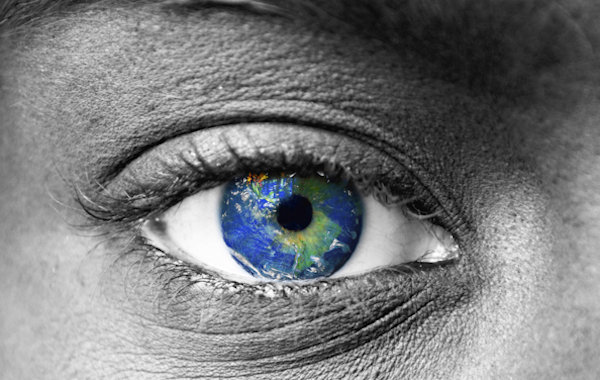A pastor serving in Ferguson MO, encourages pastors to help sharpen the visual acuity of their flocks.
REV. F. WILLIS JOHNSON
Wellspring Church, Ferguson, MO
In “We Have This Ministry: The Heart of the Pastor’s Vocation,” Samuel Dewitt Proctor and Gardner Calvin Taylor suggest we are uniquely challenged in our work as pastors. In the context of our culture’s evolving worldview, we must clarify the application of the gospel to personal behavior, political choices, personal stewardship, health care and management, and intercultural relations. In other words, faith leaders are called to help people see their way through these views and choices.
Each of us will experience less than perfect visual acuity at some point during our lifetime. At birth, our perception of the world is indistinct, varied only by shades of gray. Later in life, some experience the limitations of nearsightedness while farsightedness renders others unable to focus on what is immediately before them. Still others are physically unable to see anything at all.
Matthew 20:29-34 teaches us that blindness is a physical and a spiritual reality. Like the blind men whom Jesus healed, we engage with the miraculous, transformative power of conversation with God. Like the blind men, we must approach God with boldness in order to see anew. Hurt, handicaps, and dysfunction are not themselves sin, but allowing those conditions to distance us from God is a way to miss the marks or characteristics of Christian fidelity. God welcomes our limitations as opportunities to radically alter our world for the better. For Jesus, healing is both a miraculous and revolutionary act because it’s an act performed in love.
Racial disparity, violence, and injustice, which fill our twenty-four-hour news cycles, are limitations the faithful can no longer pretend not to see. Generations of hurt, distrust, and myopia create a society that divides and categorizes according to perceived differences that hold no meaning to one’s worth in God’s kingdom. Stereotypes and bias, both implicit and explicit, create a blindness that inhibits our unity within community.
Ultimately, we boldly invite God into this place of blindness to heal the hurt at the core of our unstable societies and clashing cultures. This intentional invitation to healing through prayer and reconciliation with justice is the mission for the Center for Social Empowerment and Justice at Wellspring Church in Ferguson, Missouri. The Center is one example of how present-day United Methodists choose to acknowledge the hurt and oppression our society seeks to keep invisible.
Through conversations along the fault lines of difference, we are making progress to relieve local injustice. We’re cultivating spiritual and religious reformation through the slow and sometimes painful process of learning to see. The only way we can see the other clearly is by acknowledging that they are not “other” after all.
By accepting God’s mission for the church, we United Methodists can change the world where we live, as we continue to build God’s kingdom within and beyond the community of believers. When your whole heart is aligned with the Lord’s mission, something will happen in your neighborhood. Claim your promise—both yours and the Lord’s!
This article is featured in the Missio Dei: The UMC as a Servant and Witness to the World (May/June/July 2016) issue of Circuit Rider. No longer a print publication, Circuit Rider is now available with a free subscription established through MinistryMatters.com. Sign up today.
Last Updated on November 9, 2023

